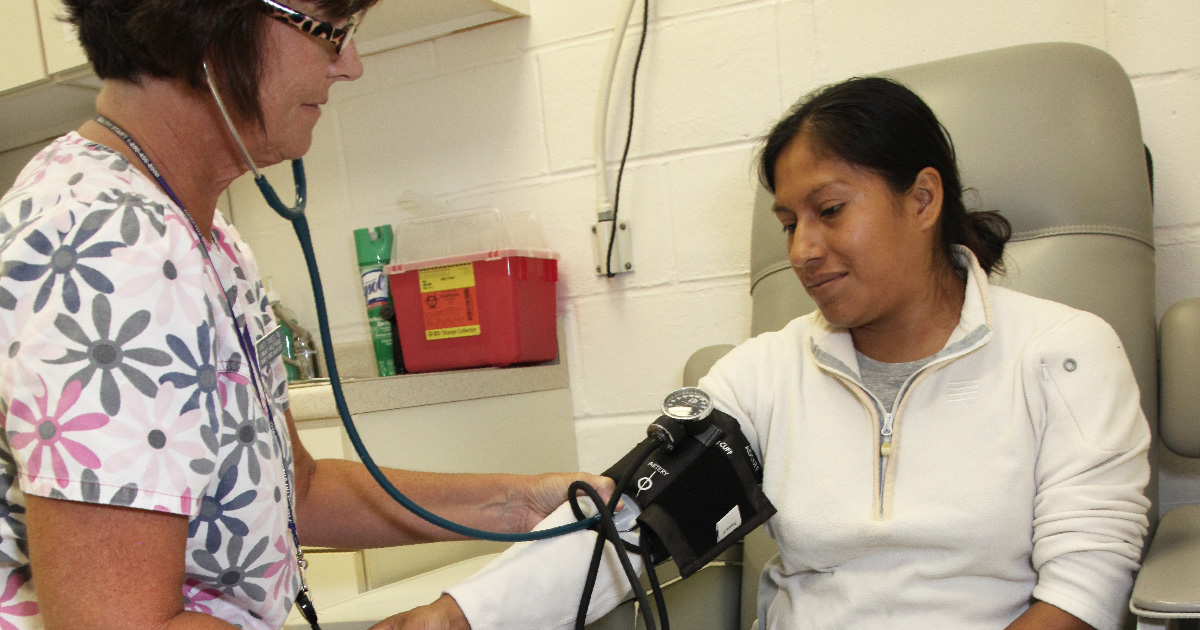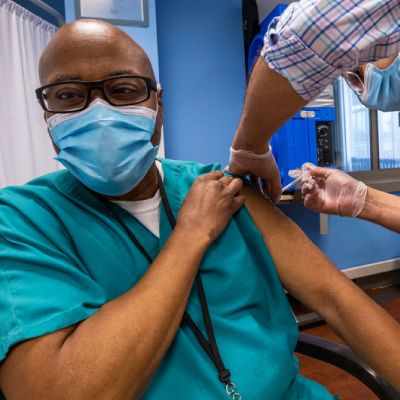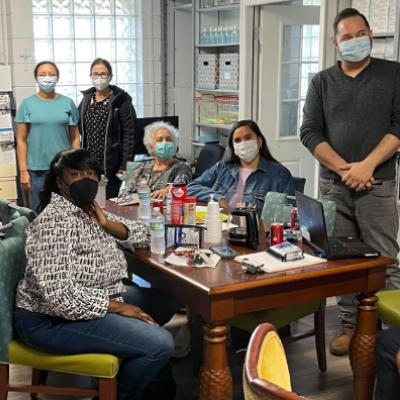- Who We Are
- Clinician Employment
- Publications
- Witness to Witness (W2W)
- El Premio Kugel & Zuroweste a la Justicia en la Salud
- Your Voice Matters: Photovoice Project
Wed, 08/14/2019 | by Claire Hutkins Seda


“I have a pregnant patient here legally but not a citizen who is refusing to apply for Medicaid because her attorney advised her this could jeopardize her ability to become a citizen. She plans to pay out of pocket for her prenatal care, labs and delivery. She cannot afford all of the standard tests and will jeopardize her and her baby's health for fear of retribution from the federal government.” -Physician in Texas
“It will have a chilling effect beyond those directly affected by the policy, because it strengthens the culture of mistrust that we’re already seeing.” - Family physician in California
As clinicians in health centers, hospitals, and clinics around the country, we strongly object to the finalized changes to public charge policy as it discourages people from seeking health care when needed. Under the policy, the immigration status of individuals with permanent resident and visa status residing legally in the United States may be jeopardized for taking advantage of Medicaid, SNAP (“food stamps”), public housing, and other health and nutrition programs.
Public assistance programs are the backbone of a fair and just society that values basic human rights, including the right to health care. This policy discourages legal residents for accessing even basic health services for which they are eligible.
This policy, which goes against American values, precipitates a public health crisis. The effects have been immediate and troubling. Since its proposal in December 2018, clinicians have anecdotally reported declines in Medicaid enrollment and refusal by patients to use services; this trend is expected to accelerate with this week’s announcement.
This policy effectively instigates a federally defined class of sicker residents. A decline in health care enrollment equates to more people legally residing in our country who are delaying care due to a lack of health insurance. Delayed care can cause illnesses to worsen; subsequent emergency care is more expensive and less effective.
Migrant Clinicians Network will continue to work against this exclusionary and un-American policy.
Read MCN’s previous publications on public charge:
Clinician Action Today: Why Public Charge Affects Public Health
If you are a clinician and would like to share a story about how public charge changes are affecting your patients, please email Claire Hutkins Seda at: chutkins@migrantclinician.org.
Follow Protecting Immigrant Families for action alerts and general education on public charge, including community education resources for health providers.
Like what you see? Amplify our collective voice with a contribution.
Got some good news to share? Contact us on our social media pages above.
Return to the main blog page or sign up for blog updates here.







